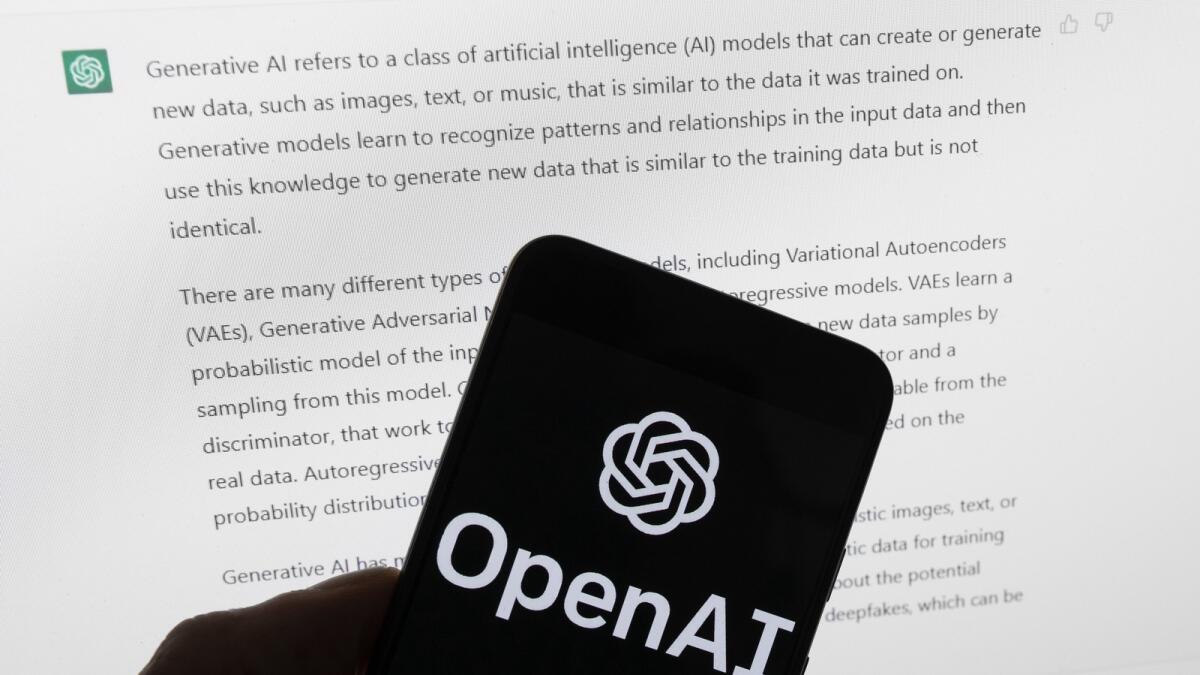ChatGPT has become one of the most useful tools available today with the ability to provide information on the best accommodation for your next trip, develop a workout plan based on your fitness goals, or guide you in writing a research paper. However, the broad accessibility of such a resource comes with the responsibility of learning to use it appropriately – particularly in academic contexts, and the admissions process in particular, in which academic integrity remains of paramount importance. While 80% of US universities are integrating AI tools into their admissions review processes this year, how should students utilize them ethically and effectively?
Educational institutions are actively addressing the ethics of AI usage as they update their academic integrity policies to regulate the use of ChatGPT. Nonetheless, ChatGPT is a valuable resource supplementing the personalized support educators provide for students.
But what does the use of AI look like when applying to American universities?
With the many components to applications including the Common Application, Personal Statement, and supplemental essays, students might be tempted to use ChatGPT to assist with their applications. However, with recent developments in AI-detecting technology, universities are increasingly and more accurately able to detect AI-generated writing. Additionally, universities do not prohibit the use of AI, but instead caution students against over-reliance on such tools – particularly in drafting essays that are meant to be wholly their work.
With that in mind, students should consider ChatGPT as an editor or reviewer for their application. To do so, here are a few ways you can use it to save time and strengthen your application.
Use ChatGPT to:
●Conduct University Research
While ChatGPT only has access to information up to January 2022, it is a great resource to learn about specific university’s unique campus cultures and traditions, such as Harvard’s “Primal Scream” in which students gather the night before each exam period and scream to relieve stress. It can also help you understand each university’s unique offerings that matter to you. Is there a climbing wall at Boston University? A cricket team at Syracuse? ChatGPT can answer these questions and many more that are otherwise not easily accessible—just make sure to double-check the information it gives you as AI “hallucinations” do sometimes occur.
●Develop an Outline for Your Personal Statement
Once you have selected a theme for your personal statement, you can ask ChatGPT to help you develop an outline for your essay. If, for example, you want to share your weight loss journey using the metaphor of climbing a mountain, ChatGPT can develop a structure to portray a story of determination and discovering your inner strength. Do not use Chat GPT to come up with personal statement ideas or to write it for you.
●Help Improve Your Writing
Think of ChatGPT as a peer editing your writing. Ask ChatGPT, “Does this make sense?” or “How can I improve my writing for clarity?” It will then tell you which parts lack clarity or organization which you can use to edit your writing without allowing it to write for you.
While these are only a few suggestions, there are many ways to use AI and ChatGPT to your advantage as long as you err on the side of caution. While the positive outcomes may be enticing, it is equally as important to consider the risk involved. Remember, your application, especially the essays, are an opportunity for admissions officers to get to know you, not ChatGPT’s version of you. A university will not explain their rejection, so even if you have an outstanding profile otherwise, overreliance on or ethical misuse of ChatGPT can be detrimental to your success.
The writer is an Education Consultant at Hale Education Group.
Read the full article here










